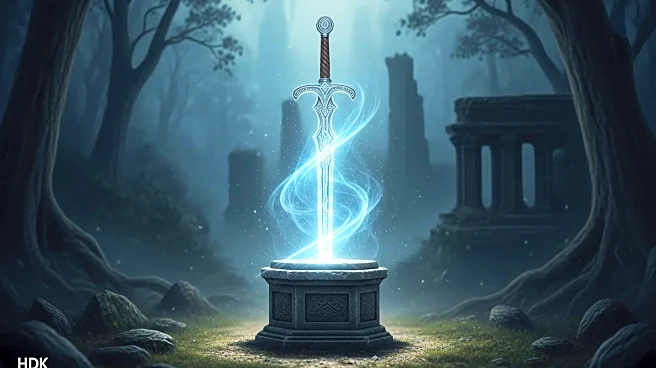What's Happening?
The release of Hollow Knight: Silksong has ignited a debate within the gaming community regarding the game's difficulty level. While the game has been a commercial success, with a high player count and positive reviews, some players have criticized its challenging gameplay. These criticisms, shared across social media and gaming platforms, focus on the game's difficulty scaling and the demanding nature of certain tasks. The debate has been fueled by responses that dismiss these criticisms as mere complaints from players unable to handle the game's challenges. This has led to discussions about the validity of player feedback and the balance between difficulty and enjoyment in video games.
Why It's Important?
The debate surrounding Hollow Knight: Silksong highlights broader issues in the gaming industry regarding player expectations and game design. It raises questions about how developers balance challenge and accessibility, and how player feedback is perceived and addressed. The discussion also reflects ongoing tensions between different segments of the gaming community, with some advocating for more inclusive game designs and others defending traditional, challenging gameplay. The outcome of this debate could influence future game development practices and the way player feedback is integrated into game updates and new releases.
Beyond the Headlines
The controversy over Silksong's difficulty touches on deeper cultural aspects of gaming, such as the 'git gud' mentality, which suggests that players should improve their skills rather than expect games to be easier. This mindset can create a divide between experienced gamers and newcomers, potentially affecting the inclusivity of the gaming community. The debate also underscores the importance of diverse game offerings that cater to different skill levels and preferences, ensuring that gaming remains an enjoyable experience for a wide audience.








